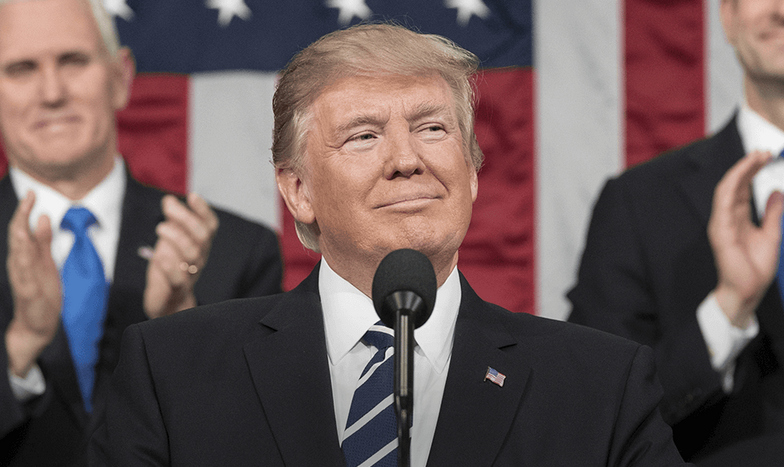Trump’s support for the Senate’s proposal to halve the number of ‘Green Cards’ issued annually as part of its campaign to reduce both legal and illegal immigration could greatly affect the offshore investment fund industry in which many foreigners work.
And, as many experts agree, if there is something important in this sector it’s that you have to understand where the client is coming from in order to offer solutions to match their needs. That is why a large number of bankers and Latin American professionals associated with this sector come to the United States through their company’s sponsorship program, which processes the L1 visa. This permit, which allows managers and executives of overseas companies to work in subsidiaries or branches in the United States, is amongst those that Trump wants to cut down on.
Martin Litwak, who specializes in investment funds and is a founding partner of Litwak & Partners, has already detected considerable concern among its clients. “This is negative for the industry, especially for those who serve Latin America, and who are accustomed to bankers and managers who speak their own language and come from their own culture. If implemented, it will certainly affect the arrival of bankers. Other places that might compete in the US Offshore segment, such as Panama or Switzerland, could eventually appear,” he points out.
Arrival of Talent
For the lawyer the measure would not be consistent with the Trump administration’s intention to strengthen the US financial system. “If the United States wants to continue capturing international savings, of which it’s one of the main recipients, I believe that applying this restriction to this industry does not make sense. It should continue to commit to attracting talent,” he adds.
For Sergio Álvarez-Mena, a partner at Partner Jones Day in Miami, the new law is a double-edged sword. He points out that, to begin with, there could be a big difference between what Trump says and what is ultimately legislated because the process ahead is long. “It still has to go through several committees and from there to the Senate and the House of Representatives, so what is contained in the present ruling may differ greatly from what will result after this process.”
Regarding how the law could affect the offshore industry, Alvarez-Mena recalls that the objective is set within a 10 year horizon and will give preference to people with higher levels of education. “It will help those who apply for either a H1B visa or an O visa because they are people either with special skills or who excel in their fields of competence, and that means that they are highly qualified and of course, that they speak English,” he explains.
